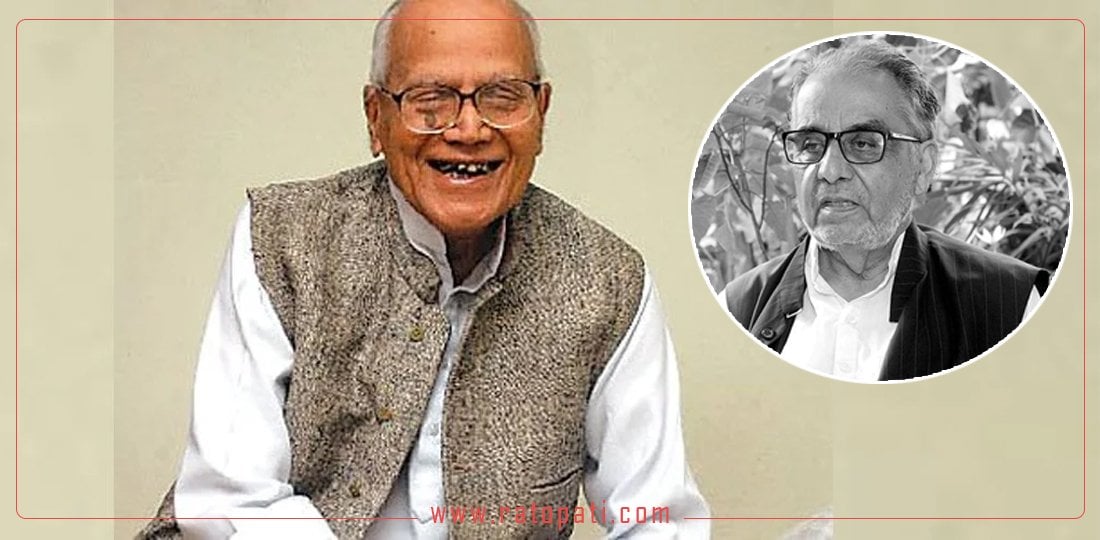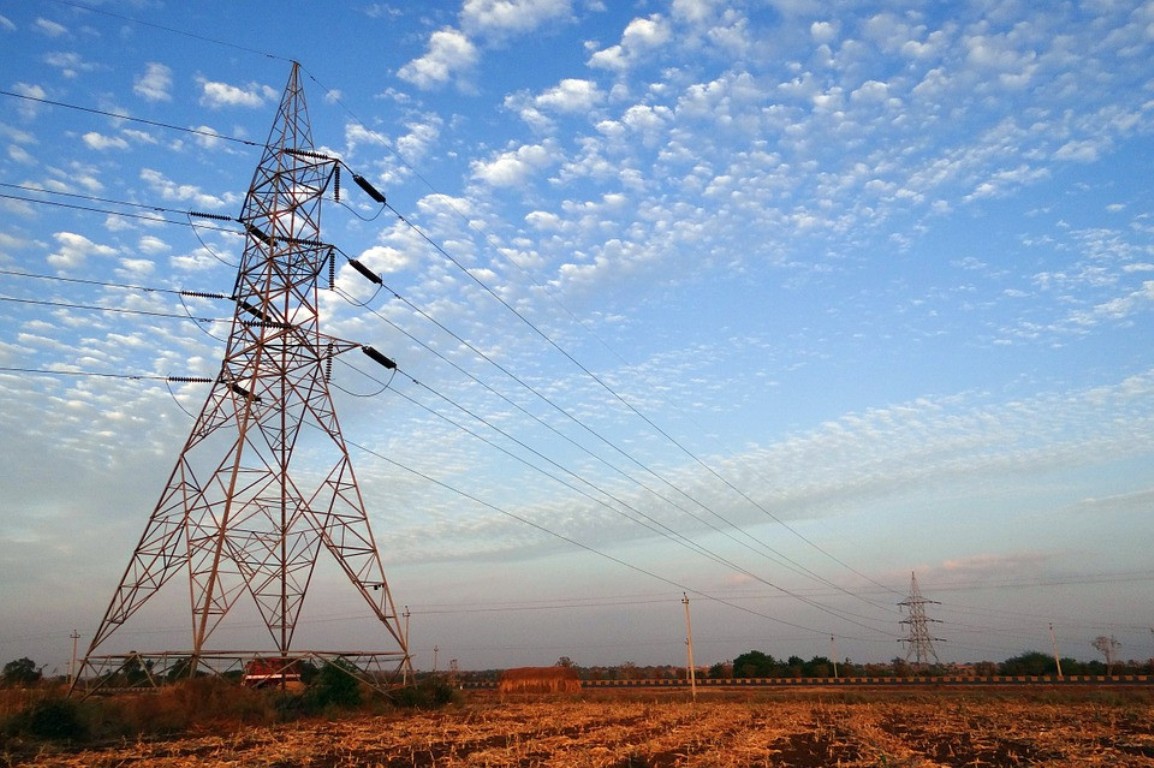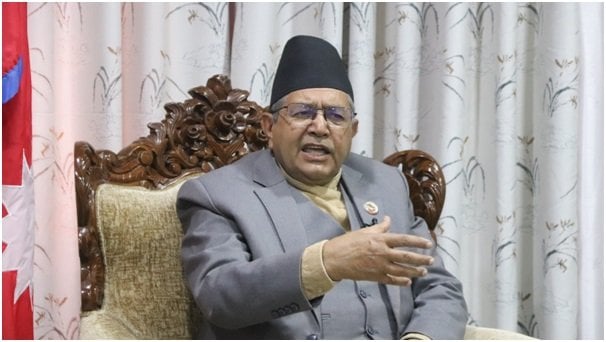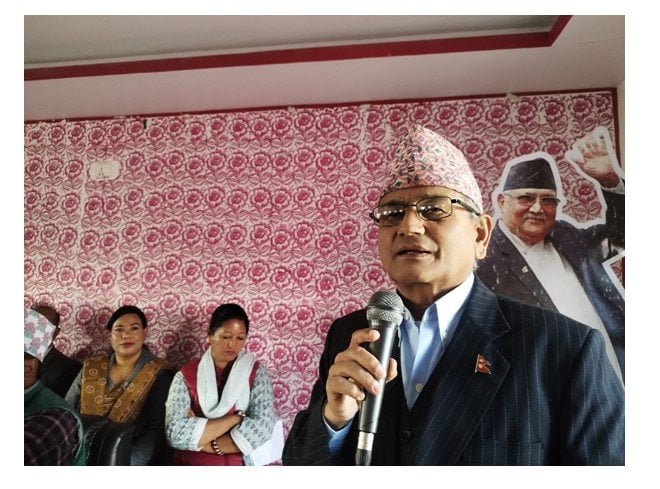Bribery: The cost of getting things done

By Narayan Prasad Mishra
Despite being honest, hardworking, innovative, active, and dedicated to the cause of our most loved institution, Tribhuvan University, my beloved wife Shanti Mishra and I both had to retire from that organization due to the undemocratic actions and conspiracy of the democratic government in 1992 when Girija Prasad Koirala was the Prime Minister and his democrat educationalist, Kedar Bhakta Mathema, was the Vice-Chancellor. I was then just 49 years old. Since then, we have often lived in the USA, where our only daughter, Dr. Pragya Mishra, serves as a medical doctor. Even before that, as we both had the opportunity to study and tour the USA under the US government’s sponsorship and have many close and dear friends there, we were pretty familiar with the life, culture, and system of this country.
In this context, we have never heard of or experienced any difficulty in getting things done in government offices in the USA for tasks such as driver’s licenses, water, electricity, sewage, tax, land, house, etc., without having to resort to bribery or personal contacts. In contrast, we face numerous problems regarding small or big matters in our own country. We have never heard of these issues being discussed as problems in American families, yet they are unavoidable headaches in daily life in our motherland. This is the most frustrating issue, and it is very difficult for our own people, who grew up in the USA or other developed countries, to adapt when they come to Nepal.
I am sure everyone is familiar with two ongoing projects in Kathmandu these days — the Melamchi Water Distribution Project and the New Pathways Construction Project. You cannot escape seeing the work being done on these two projects when you walk around. When I saw the new pathways, I found them attractive, beautiful, and easy to walk on. However, I felt it was unnecessary to replace the old pathways, especially when they were still in good condition. Spending a lot of money in a poor country on this, as wealthy countries might do, seems excessive. We know that poor people do not intend to replace their old clothes or shoes as long as they still serve their purpose. The money could have been spent on other essential projects, such as sewage, street lights, roads, bridges, river pollution, etc.
In the last week of the month of Asar (the second week of July), they began their work of erecting new pathways by removing the boundary blocks and the old soling blocks in the pathways in my neighborhood. It was challenging for me to get in and out of my car as I live on the roadside. Consequently, I had to request the workers to make the road accessible by filling in some broken bricks or gravel. Then, the topic of *Khaja Kharcha* (bribe) came up. During this process, they replaced the high boundary block, which prevented me from driving. I was astonished to see this. When I asked them how it would be possible to drive in and out with that high blockage, they said I would need to install an iron ramp, which would not have been necessary if they had fixed the boundary blocks at a low, sloping height in front of the motorable gate, as the Road Office had done earlier or as it is done in other countries. They said that this was “Balen’s standard.” I responded that if that were the case, the Metropolis itself should have taken responsibility for fixing the ramp in its own style and standard in front of the residential motorable gate, as the road and the pathway belong to the Metropolis or the government.
The next day, after consulting with the inspecting engineer of the Municipality, Pankaj Yadav, they said they would lower the level by four inches in front of the motorable road. However, the worker said he would lower it further if I gave him some *Khaja Kharcha* (bribe). When I refused, they created other problems for me.
At last, on Ashwin 10, 2081 (September 26, 2024), they completed the pathway in front of my house two months after they started. I had a hard time moving during this period. The regular pathway is about six feet wide in that area. There is about a four-foot-wide and ten-foot-long space between the pathway and my motorable gate. Again, they said they would extend the pathway with the same bricks up to the gate if I paid them their wages, as the Municipality provides the bricks for free but not the wages. I do not know if that is also *Khaja Kharcha* (bribery) or simply wages according to the Metropolis’ established rules. However, I did pay the wages of Rs 1500 again for this purpose after some bargaining. Again, on August 4, 2024, a man named Sujan Shrestha asked for Rs 2000 to rearrange the utility hole of drainage, which was on the pathway. He said he would leave it in the same condition if he were not paid. I told him that the amount was much and negotiated with Rs 1200. He covered the utility hole even without removing the debris and sand dropped by them into the utility hole to create more problems for the community, getting angry with our bargaining. I thought that even if wages had to be paid by the house owner, the Metropolis should have set a standard rate with standard work, not leaving a space for bribing.
Regarding the Melamchi water line, they installed it just four feet inside my motorable gate to fix the water meter in my absence more than a year ago when I was in the USA. This was not the proper place to fix the meter from a safety perspective, as vehicles are always moving in that area. On B.S. 2081/05/10 (August 24, 2024), a man from the Melamchi Office came to knock on my gate to take a record of the tap for fixing the water meter and checking my water bill. I told him about the incorrect placement of the water meter site and the water leakage when the water was supplied. I requested that it be fixed properly before the meter is installed. He said he would send someone soon to fix it. When I asked for the contact number of that office, he said he did not know. I then asked for his name and telephone number, and he told me his name was Dhirendra Shahi, and his mobile number was 9843167172.
As no one had appeared to fix the line even after more than three weeks, I called him to remind my request and his assurance. He said he had left the job and gave me the name and contact number of a supervisor named Ashok Chaudhary. I contacted him, and he came to see me on 2081/06/09. He sent a man named Indra Chaudhary to shift the meter line and fix the leakage the same day. However, the worker said I needed to pay for the pipe and other necessary materials, as well as wages, which would amount to about five thousand rupees. I was surprised to hear this. He said the pipe was expensive and cost Rs 200 per meter. When I questioned why it was so expensive to extend the line to the proper place, a mere 3 to 4-meter distance, he reduced the amount and negotiated with me for Rs 3,000. The worker was from the office, but the rate was not official, and there was no system of formal billing. I paid him Rs 3000.
I see this system operating openly in the locality. I do not know if this is corruption, *Khaja Kharcha*, regular business, or official business. The picture is unclear, and I have doubts about it. I do not know where to inquire about it.
I have a relative whose house is nearby but not on the roadside. His house is inside a lane (*Goreto Bato*), about 70 feet from the main road. However, they left the Melamchi water line out of the lane to fix a water meter. This is an area where his water meter, kept inside the gate, was often stolen. So, he could not expect to have his water meter installed on the main road.
Regarding bringing his water line inside his gate, he was asked to pay thousands of rupees. He is puzzled by this. He believes that if the government is supposed to take the water line inside the gate of a residential house, the same rule should apply whether the house is on the main road or inside a lane. I think the government should make this clear to the public. If people are required to pay for this, the government should bill for it officially, which would stop these irregularities.
You frequently encounter these types of problems when dealing with government offices, and everyone is aware of it. Corruption–high or minor–is spread in the country, like air or smoke everywhere. You cannot see the place where there is no corruption. We cannot breathe without experiencing corruption. All high-ranking officials, including the prime minister, ministers, and secretaries, know about the situation. What surprises me is that this has been accepted as part of Nepali culture, with little effort to address or control it. However, I did not expect to see such issues under the administration of Balen Shah, the Mayor of the Kathmandu Metropolis Corporation, who has earned a good reputation for integrity and honest governance. He should be more vigilant.
Source : https://www.peoplesreview.com.np/2024/10/28/bribery-the-cost-of-getting-things-done/






